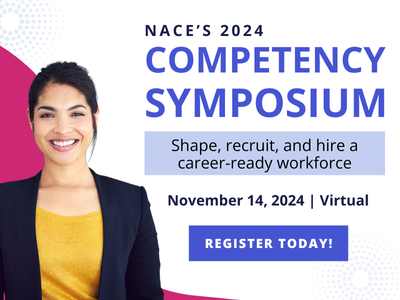Let’s start with why students need to do internships. Besides the fact that certain majors require internships as part of their courseload, the real value in internships for students is the ability to gain valuable experience and exposure in their specific field while also building a network and developing potential advocates.
However, not all internships are created equal.
Students should be encouraged to look beyond just the site of where they hope to do their internship to focus on building a relationship with their coworkers and supervisor. This person could become a mentor and guide long past when this internship is over. Additionally, to build a successful network students should also consider volunteering while in college. This can be a low-stakes way for students to develop a better idea of what they want out of an eventual internship.
How to Leverage An Internship, But Only if You Ask.
Students can be naïve and just assume that they will get a glowing letter of recommendation, but this not always the case. They are playing for the endorsement and connections. An internship is an excellent opportunity to develop an advocate for 21st century skills such as reliability, oral communication, ethical behavior, and a host of other real-life skills. In fact, an internship is a much better opportunity to develop advocacy for these essential and important skills than a classroom.
At the end of an internship, students should meet with their onsite supervisor to discuss the experience and if both agree that it was a positive experience, the student can ask if it would be acceptable to use the supervisor as a reference after graduation. This can be hard for student to have this conversation, but the reward is worth it, especially if the student is invested in their own future.
Site supervisors also have an incentive to help students because if they treat this intern relationship with respect and professionalism, there is a better chance the current intern will assist the organization in securing next year’s intern. It is important to use the power of word of mouth, and the intern can be part of developing future interns.
Tips To Offer Students Seeking Internships
Students tend to think big, and famous organization internships are better than a small company or start up. This just means they could be right, but to be sure, this starts with asking good questions.
- What makes this a worthwhile internship? The goal of this internship experience is to provide the student with new skills that they did not possess before doing the experience. This opportunity will expand his or her knowledge of a particular field and explore career options.
- What is last year’s intern doing now and can you share their contact information? This information is important to knowing whether this was a worthwhile experience. Talking to previous interns can assist current students in gaining valuable information for making the decision if this internship is worth their time.
- What's your favorite thing about your job/organization? If you could change one thing about the job or organization, what would it be? The purpose of these two questions is for the student to gain perspective of the organization. This insight can impact a student’s choice by knowing something they did not know prior to the interview.
The end result is that students gain from the internship directly in proportion to the effort they put forth in the experience. When students are proactive, there is a better chance of success.






